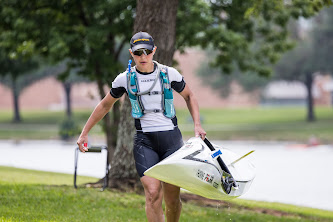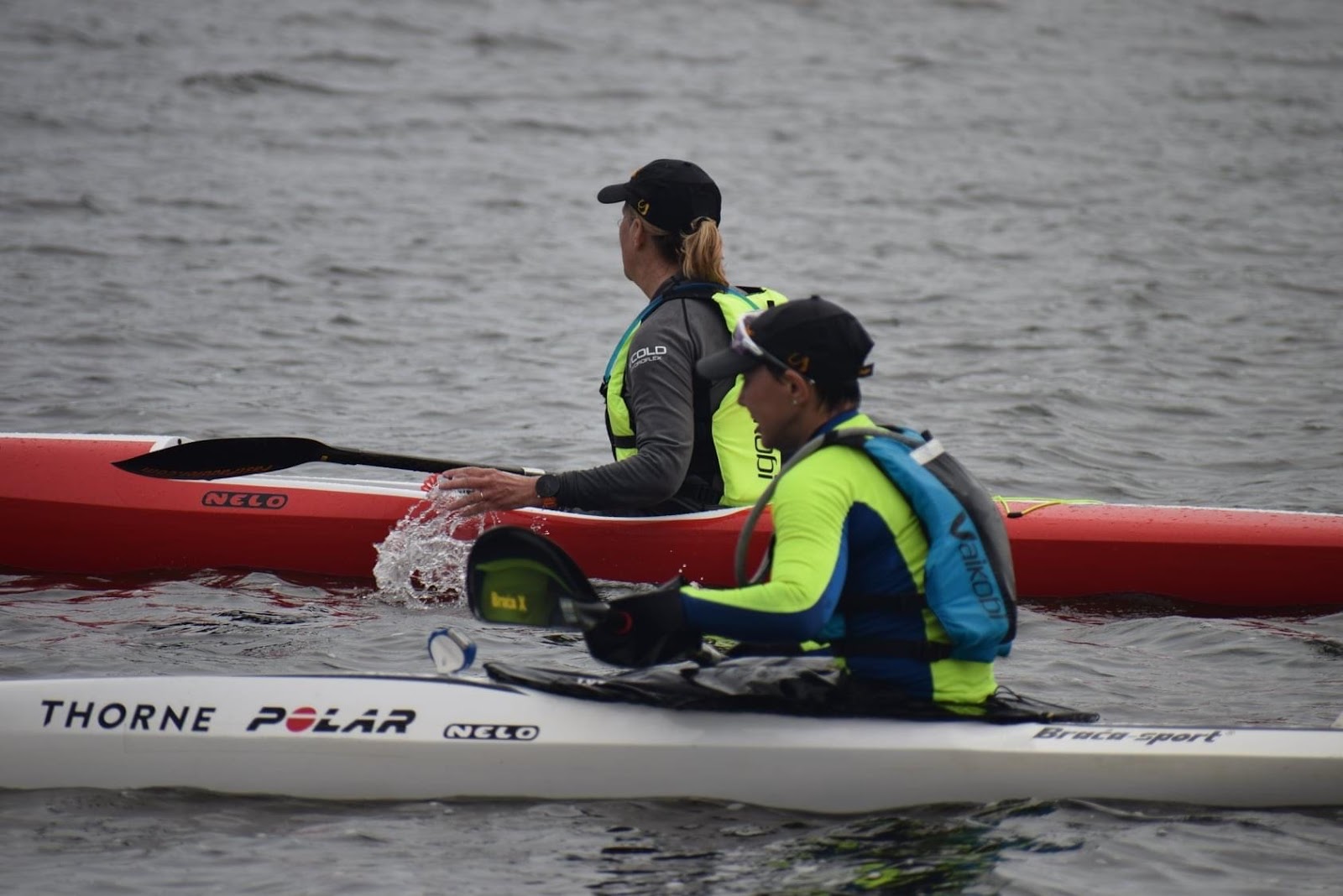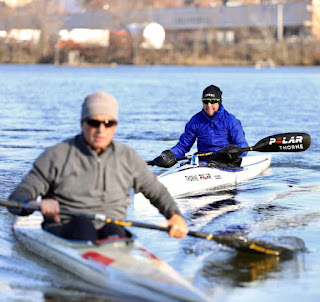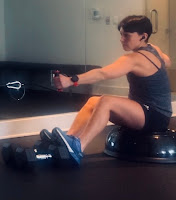What makes flatwater kayaking so unique

When learning something new, progress almost never happens in a linear fashion. In many sports, the learning curve varies depending on the individual and their ability to adapt to the new stressors that typically involve a combination of physical and mental engagement. Flatwater kayaking is a little different. Learning how to paddle efficiently is a life long process. It combines gradual neuromuscular and psychodynamic adaptations in conjunction with strength/power and endurance development. And because all those elements play their significant role into paddling speed and efficiency, the progress is far from being linear. Farther than any other sport in my opinion. Improvements in power, speed and endurance can be monitored in a more straightforward way - similarly to weight lifting or running and cycling. However, the improvements in neuromuscular and psychological adaptations, the feel for the water, the balance and relaxation on the boat, the right body coordination and ...





